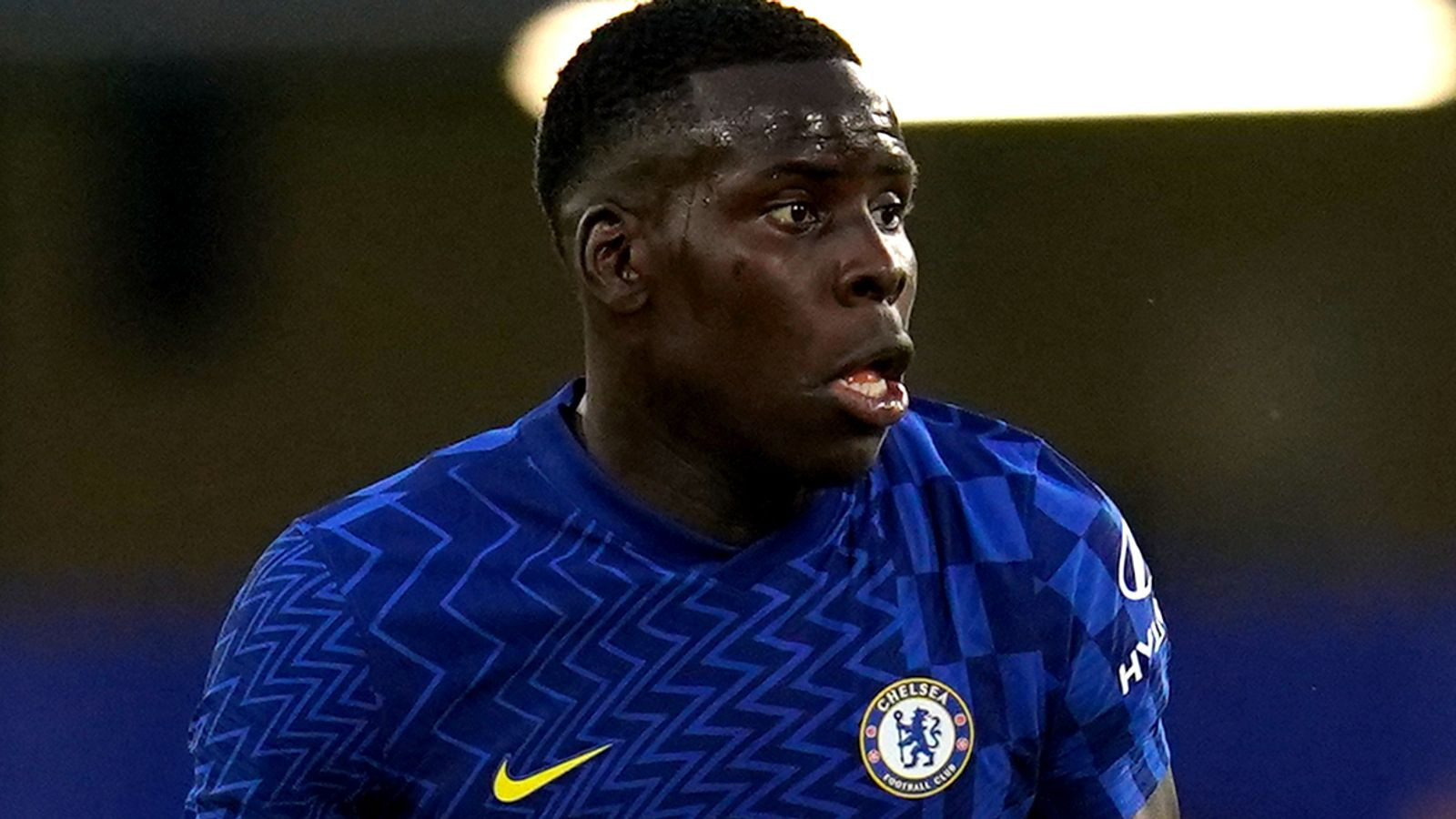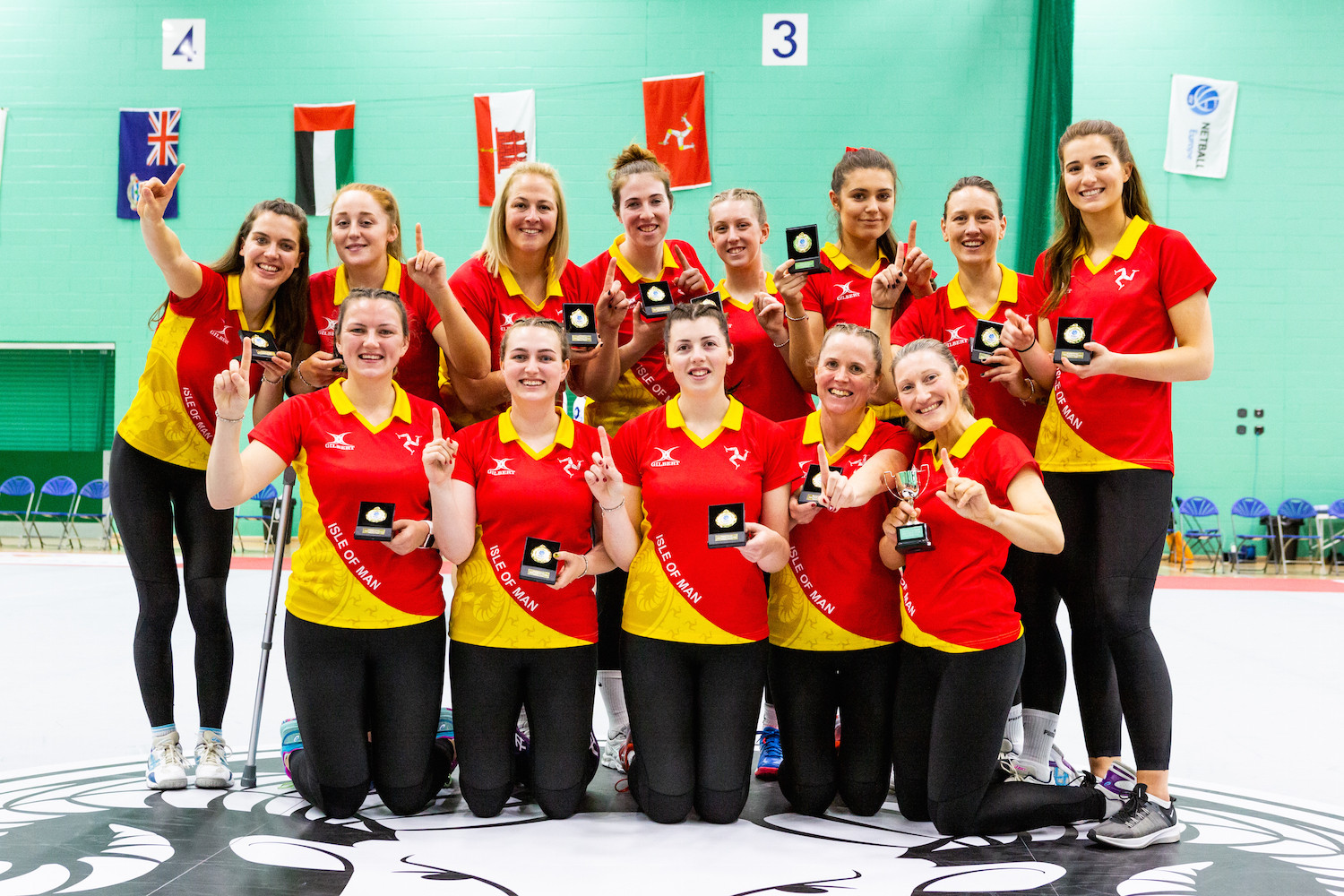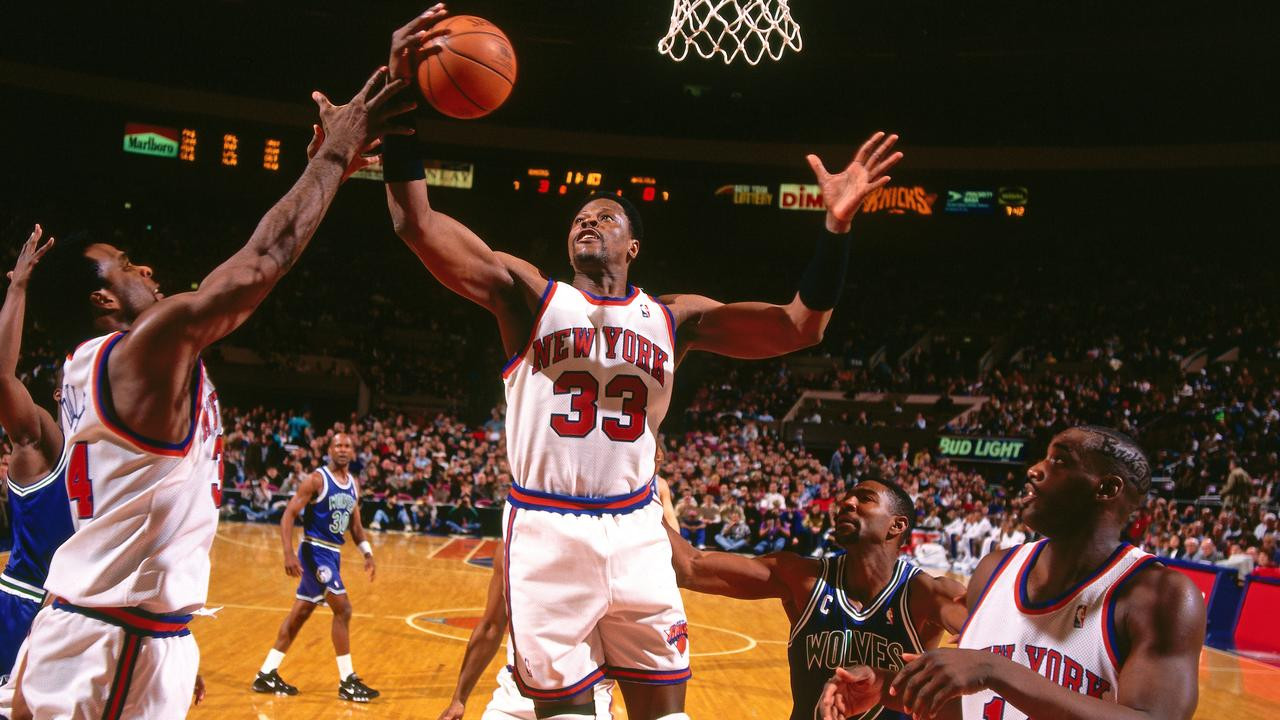Chelsea are aiming to have football agent Saif Alrubie’s multi-million-pound lawsuit against the club thrown out of court. Alrubie filed the claim with the London Circuit Commercial Court against Chelsea and the club’s former director, Marina Granovskaia, more than four months after being found not guilty at Southwark Crown Court of sending a threatening email. The club believes that the claim has been filed incorrectly and will apply for the court proceedings to be moved to arbitration. Chelsea are arguing that the Football Association’s agent regulations stipulate that disputes arising from a Representation Agreement without international implications should be exclusively resolved through arbitration, as outlined in Rule K of the FA’s Rules. The FA’s regulations are binding for all participants. However, Alrubie’s legal team contends that Rule K is not applicable in this instance as Granovskaia is no longer involved in football and thus cannot be considered a ‘participant’. Alrubie, however, believes that the case should be heard in court, with his spokesperson stating that Chelsea and Granovskaia have a clear interest in preventing Alrubie's claim from being heard in open court, particularly given the ongoing investigations into the club and its activities under previous ownership. Alrubie claims that he is owed money from the transfer of Kurt Zouma from Chelsea to West Ham United in August 2021, a transfer that has been a source of controversy. He was cleared of sending a threatening email to Granovskaia in April 2024, but the controversy surrounding the Zouma transfer continues. The case highlights the complexities of football agent contracts and the challenges that can arise when transfer fees are not clearly defined. The court heard that Alrubie believed he acted as an intermediary on Chelsea’s behalf during the Zouma deal and was thus entitled to a commission on any transfer fee exceeding €30million. However, both parties disputed the exact sum, while Granovskaia maintained that Alrubie never represented Chelsea and instead tried to insert himself into the deal. Alrubie has consistently asserted that he was owed a £300,000 commission from the transfer, with the deal to bring French international Zouma to West Ham valued at €33.9m. He initially requested the commission, which he believed he was entitled to based on his understanding of the agreement, but after failing to receive it, he filed his claim. This case is further complicated by the current investigations into Chelsea under their previous ownership. The Premier League is currently investigating possible breaches of their financial rules that allegedly occurred during Roman Abramovich’s tenure. Alrubie’s spokesperson believes that Chelsea and Granovskaia have a vested interest in keeping his claim out of open court, given the current investigations. The outcome of this case could have significant implications for the future of football agent contracts and the relationship between clubs and their agents. It also highlights the importance of clearly defining transfer fees and commissions to avoid future disputes. ## Navigating the Complex World of Football Transfers: A Look at the Dispute ### The Role of Agents in Football Football agents play a crucial role in the modern game, facilitating transfers between clubs and negotiating contracts for players. They often act as intermediaries, connecting players with clubs and working to secure the best possible deals for their clients. However, the relationship between agents and clubs can be complex and fraught with potential for conflict. ### The Role of Arbitration Arbitration is a form of alternative dispute resolution where a neutral third party, known as an arbitrator, resolves a dispute. It is often seen as a more efficient and cost-effective way to settle disputes compared to traditional court proceedings. In the case of Chelsea and Alrubie, the club is pushing for arbitration based on the FA’s agent regulations, which state that disputes arising from a Representation Agreement should be settled through arbitration. ### The Future of Agent-Club Relationships The Chelsea-Alrubie case highlights the evolving nature of the relationship between football clubs and agents. With increasing transfer fees and the growing importance of agents in the game, it is essential for both parties to have clear and well-defined agreements to avoid future conflicts. The case also raises questions about the role of arbitration in resolving disputes within the sport. ## The Uncertain Path Ahead: Implications of the Case The Chelsea-Alrubie case has the potential to impact the future of football agent contracts and the relationship between clubs and agents. The outcome of this case will have significant implications for the future of football agent contracts and the relationship between clubs and agents. It also highlights the importance of clearly defining transfer fees and commissions to avoid future disputes.
Samantha Wilson
Sports Analyst
Analyzing sports events and strategies for success.

















